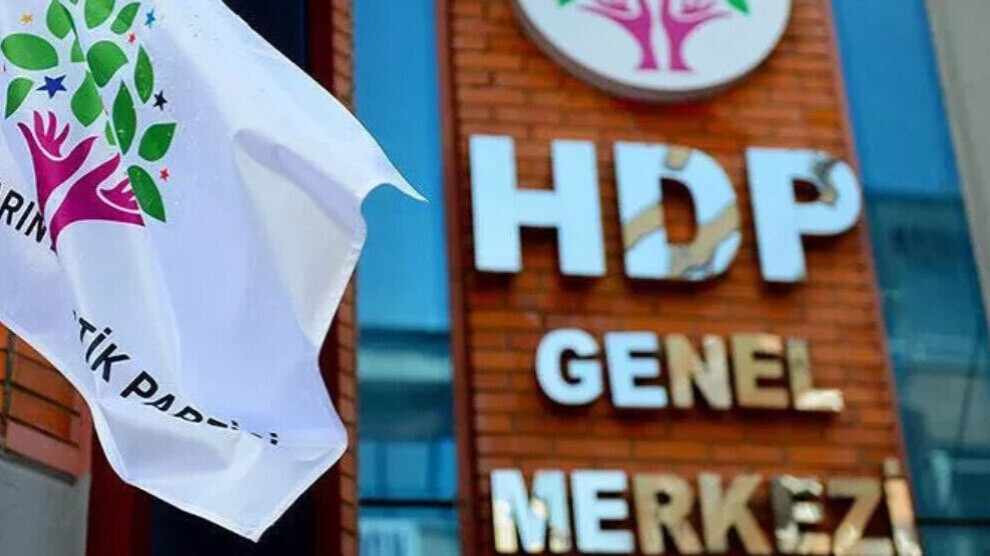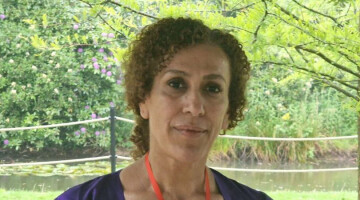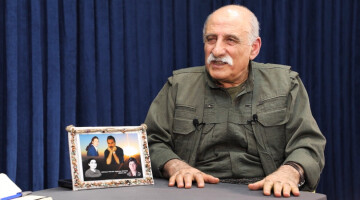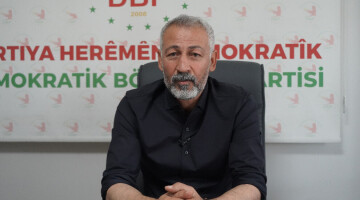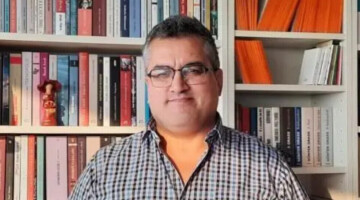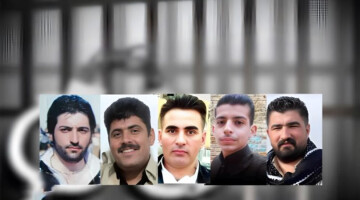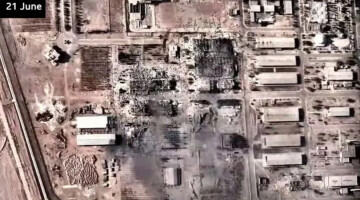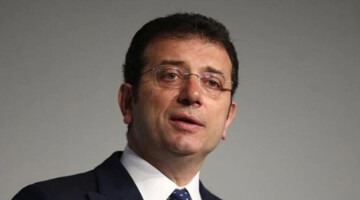The Chief Public Prosecutor of the Court of Cassation, Bekir Şahin, gave his verbal defence to the Constitutional Court in the closure case against the HDP. Şahin's oral defence lasted 45 minutes.
In a statement after his defence, Şahin claimed that the HDP's ties with the PKK were a fact. Şahin cited the pro-government families who carry out a sit-in outside the Amed (Diyarbakır) headquarters of the HDP as evidence to close the party.
NEXT STEP
During the closure process, the Chief Public Prosecutor of the Court of Cassation can present corroborating evidence to the case file, while the HDP can present additional defence. The HDP has already submitted to the Constitutional Court its defence in response to the accusations and HDP officials will make a verbal defence on a day to be scheduled.
After this process, a Constitutional Court rapporteur, who will collect information and documents related to the case, will prepare a report on the merits of the case. In the meantime, the Chief Public Prosecutor of the Court of Cassation and the HDP will be able to submit corroborating evidence or additional written defence.
After the distribution of the report to members of the Supreme Court, the President of the Constitutional Court, Zühtü Arslan, will set a date for a meeting where the members will come together to discuss the closure request.
A 15-person Constitutional Court committee will make a decision in the closure case against the HDP. A 2/3 majority of the members attending the meeting, i.e. 10 out of 15 members, will decide whether the party will be closed pursuant to the Article 69 of the Constitution or whether the party will be partially or completely deprived of treasury aid depending on the severity of the accusations in question.
The final decision will then be notified to the Chief Public Prosecutor of the Court of Cassation and the HDP and will be published by the Official Gazette. Should the Constitutional Court rule that the party members who are facing a political ban caused the closure of the party through their remarks and actions, these party members will not be able to serve as a founder, member, administrator and supervisor of another party for 5 years, starting from the publication of the final decision in the Official Gazette.

